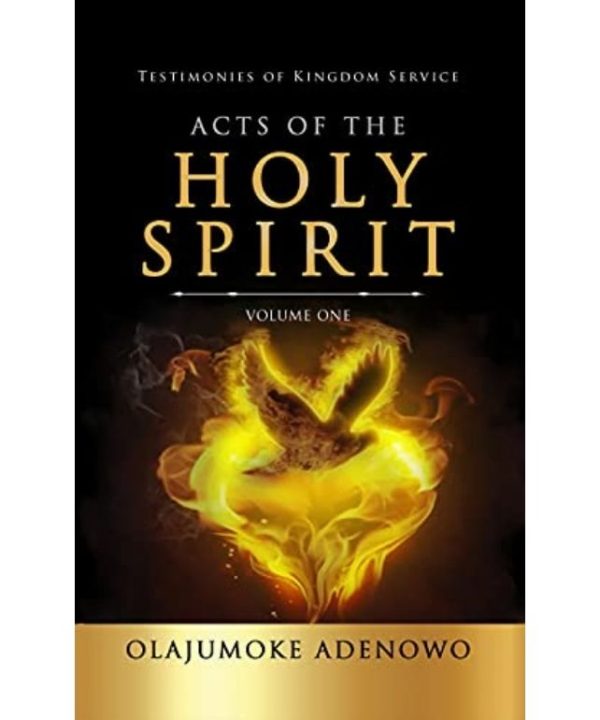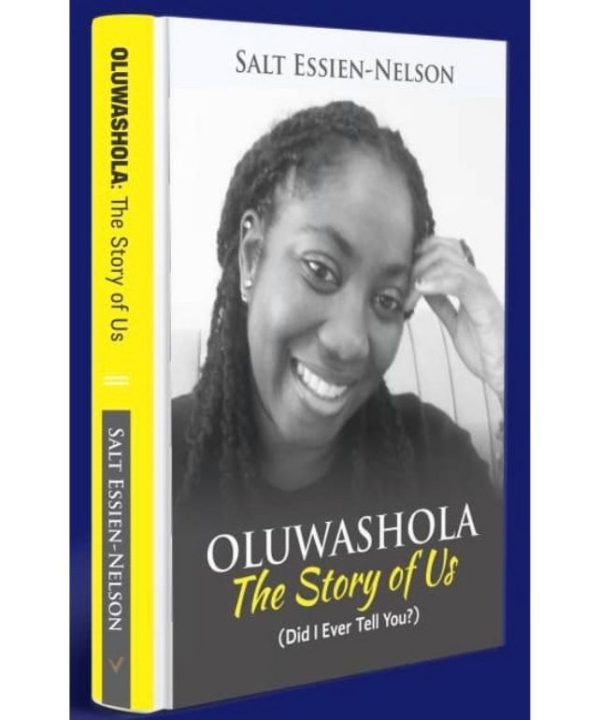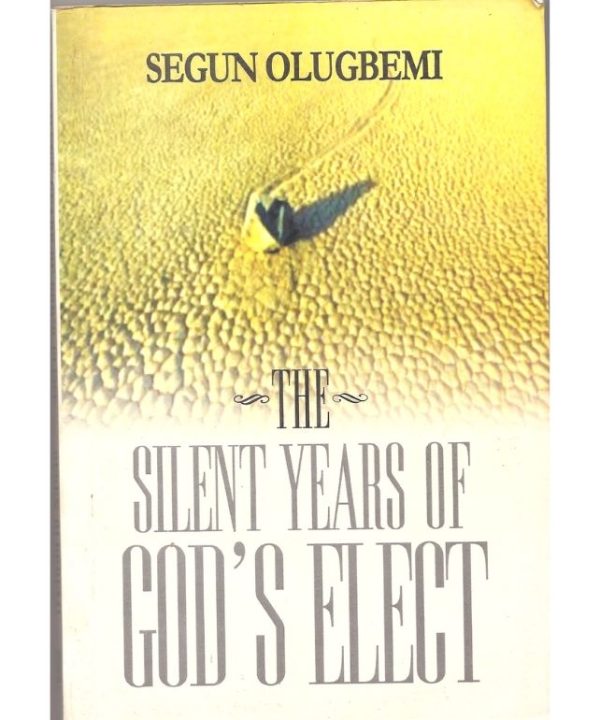Dynamics of Culture, Religious Syncretism, and Effective Ministry of the Church
₦3,000.00
Apostasy has been a blight on mankind since the Garden of Eden. The Bible is one story after another of the men and women of God being lured to apostasy by culture and society. The Israelites wanted to worship Egyptian gods while our God was giving Moses the Law. Ten tribes of Israel became lost to history because of the sin of apostasy. In the Western world, the allure of culture and fictional books have created a church that does not know Scripture or the true grace that comes from loving Jesus. The challenge of identifying the thin line between syncretism and the sanctity of the word of God and setting biblical versus cultural barriers are at front-burner issues not only in African Christianity, but, the world over.
The church in many climes struggles with the challenge of syncretism as seen in idolatry, occultism, cultic rites, festivals, and sacrifices to gods. This piece investigated the reasons for the wide-ranging syncretism in Otta and what the church could do to heal syncretic members and make the expected impact on its missional mandate. The ministry context is among the mainline denominations in the heart of town with the largest religious influence.
Generally, ministry in mainline churches in the heart of the town is challenging. Only a handful of the indigenes profess to be Christians. For instance, just about half of the 30% who are indigenes in the researcher’s church are committed Christians. Many are baptized, registered, and sometimes attend church services but are obviously shallow in their Christian commitments. They are Christian in the day, but traditional worshippers at night; some could be seen to be more devoted to African traditional religion. Their religious background continues to entice them. This dual allegiance has led to stunted growth of the church of Christ, and the church has not been able to passionately fulfill Christ’s mandate.
3 in stock


 The Other Joseph
The Other Joseph 








Reviews
There are no reviews yet.